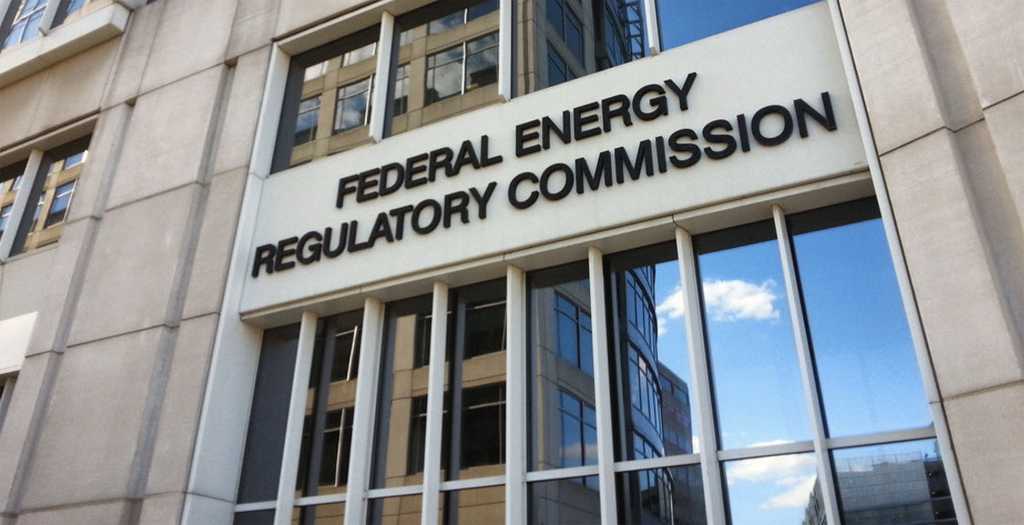From pv magazine USA
The Solar Energy Industries Association (SEIA) has filed a protest with the U.S. Federal Energy Regulatory Commission (FERC) regarding a petition asking FERC to end net metering. The petition was filed by a new entity, the New England Ratepayers Association (NERA), whose members are undisclosed.
SEIA’s filing argues that “issuing the declarations requested by Petitioner would be contrary to the Administrative Procedures Act, an unwarranted departure from Commission precedent, inconsistent with Congressional intent, and an unjustified intrusion into a State’s sovereign authority.” SEIA concludes that FERC “should exercise its discretion to dismiss the Petition.”
Solar United Neighbors, Vote Solar, and 16 other groups filed a legal case against the petition to FERC that includes policy arguments in favor of net metering.
SEIA makes three major arguments to dismiss the petition:
- Petitioners seek to disrupt and overturn states’ rights over retail billing and crediting programs.
- U.S. federal law does not preempt state net metering programs.
- The authority to establish and administer net metering programs lies with individual states.
The other filing, from 18 energy and environmental groups, also called on FERC to reject the petition.
The filing makes the policy case for net metering by presenting evidence of distributed solar’s role in deferring grid investments. It notes that net-metered customers “often reduce their own loads and system loads during the cost-causing peak hours.” It also cites a national laboratory study showing that net metering has small rate impacts, and could reduce retail rates.
SEIA’s statement and the filing of the 18 public interest organizations are available in the FERC docket library, under docket number EL20-42-000.
This content is protected by copyright and may not be reused. If you want to cooperate with us and would like to reuse some of our content, please contact: editors@pv-magazine.com.



By submitting this form you agree to pv magazine using your data for the purposes of publishing your comment.
Your personal data will only be disclosed or otherwise transmitted to third parties for the purposes of spam filtering or if this is necessary for technical maintenance of the website. Any other transfer to third parties will not take place unless this is justified on the basis of applicable data protection regulations or if pv magazine is legally obliged to do so.
You may revoke this consent at any time with effect for the future, in which case your personal data will be deleted immediately. Otherwise, your data will be deleted if pv magazine has processed your request or the purpose of data storage is fulfilled.
Further information on data privacy can be found in our Data Protection Policy.